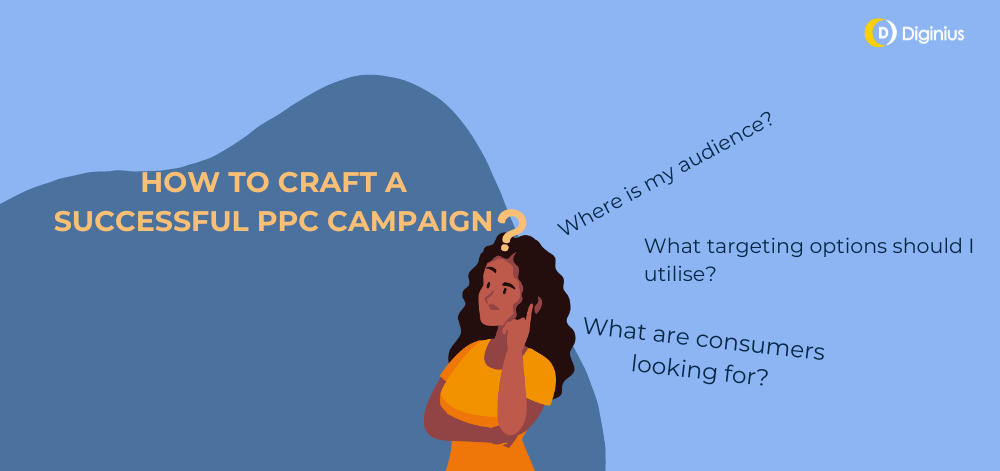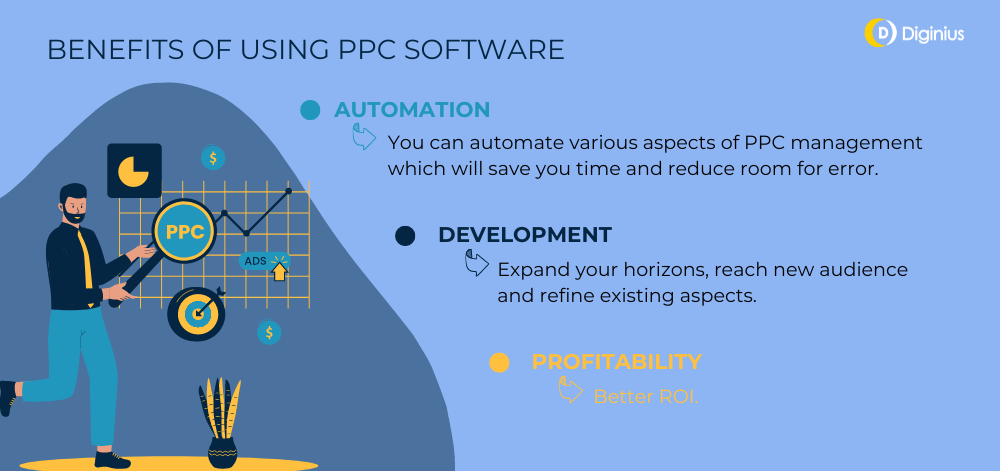
A guide on managing PPC campaigns with software for PPC
As a company who has been in this game for a while, we have seen first-hand the huge benefits and frustrating challenges that come with managing PPC (pay-per-click) campaigns. One month you might see your sales and brand awareness soar but the next, you feel like you are throwing money away and seeing little return. Dealing with these extremes is simply part of the PPC management experience. Senior professionals might shrug and move on but reaching that point can be disheartening.
Like most things, managing PPC campaigns is a skill that takes time to nurture and with experience comes the knowledge of not only this type of advertising in general but what works for you and your audience.
This blog is for everyone, no matter their experience in PPC. We do discuss the basics which are essential to getting started but also problem solving if you have been experiencing issues recently. However, we also want to help you learn to manage your campaigns as effectively as possible and take out some of the guesswork in the optimization process; and using software for PPC does just that.
We hope by the end of this, you’ll be prepared to seriously consider the benefits that PPC software can offer and the useful components you may need as well as be able to walk away invigorated and enthused by all the opportunities paid search can offer.

How to craft a successful PPC campaign?
A powerful and effective PPC campaign relies on its foundations. It is so easy to believe that issues arise when the advanced settings aren’t entirely aligned to your audience and goals. However, from our experience – Microsoft agrees too! – it is better to start with the basics. Whether you are launching a PPC campaign for the first time or are looking to take your advertising to the next level, checking the set-up is correct is essential. You’ll be surprised how much of an impact those simple and often overlooked aspects can have – even things as basic as the naming of your campaigns!
Choose an audience
Understanding your audience has implications for many areas of the decision-making process. The more you can tailor your ads to your audience, the more successful they will be. Perhaps begin by asking yourself the following questions:
a. Where is my audience?
While Google is the most well-known advertising platform, others offer unique benefits. We always advise diversifying your campaigns. Shifting budget over to Microsoft Advertising can reach non-Google users. For younger audiences, Meta is a good option, and LinkedIn is ideal for B2B opportunities.
Again, this is a question of researching the audience segmentation of each and comparing that to your ideal audience.
b. What targeting options should I utilise?
After deciding on the platforms, you can make the most of targeting and re-targeting options. The opportunities and capabilities vary but can get very granular. In general, specificity is best but not always. You might be rolling your eyes at the vagueness of this advice but targeting options are highly specific to your needs and your ideal audience.
c. What are consumers looking for?
Understanding your audience and what they are searching to find your ads helps you to both find the right keywords and how to tailor your content for the specific stage of the marketing funnel your consumers might be in. Knowledge is everything in this game!
Create and test PPC campaigns
Unfortunately, even the best structured PPC campaign is unlikely to succeed the first time. Although PPC campaigns do tend to yield quicker results than most organic strategies but of course, they do require a higher financial investment. It is advisable that you do A/B tests on all your campaigns trying different targeting options, copy, asset etc. If you implement this early on, you can quickly adjust your campaigns based on the performance data you collect. Informed trial and error is a good way to sum-up this approach.
How to improve your PPC campaigns?
Indeed, informed trial and error is the sure way to boost your PPC campaigns. Testing, evaluating, adjusting – that is the time-consuming process that will ensure improved performance over time. There are many components to PPC campaigns, and you will need to isolate one variable, for example budget, and give it a suitable amount of time to run, and then optimise your ad based on these results.
While some elbow grease will always be needed, there are tools out there to make your life easier: PPC management software. Overall, paid search software can enhance performance and return by reducing error, saving you time and implementing actions based on data and predictive analytics.
Use PPC software for automation
Automating this process is a huge time saver. These PPC tools can adjust spend, keywords, placement based on your performance and even predicative analytics. Bettering performance involves a lot of repetitive but time-consuming tasks, PPC software which has solutions to automate these processes can make your life considerably easier.
Use PPC software for bidding
One such example of automation is software for bidding. Of course, the big names such as Google and Microsoft have ways to manage bidding on their platform but utilising a third-party software platform can allow you to manage across channels more effectively.
These streamlined solutions allow you to better automate the process with optimisation algorithms, automated bidding strategies and performance analytics as well as general campaign management capabilities.
Use PPC software for choosing target keywords
One of the other main ways that PPC software helps you is through finding keywords that can give you suitable traction and appear in relevant searches for your business/service. Not only can these tools help you generate new keyword ideas but likewise give you other important details such as cost per click (CPC), search volume as well as competition level.

Benefits of paid search software
The major benefit of adopting software like this is the ability to improve efficiency and ease by collecting and processing data, saving you time from manual tasks.
Automation helps improve efficiency and reduce human error, especially regarding bidding and targeting. Paid search software also helps take your campaigns to the next level, both expanding your audience reach while still managing to refine audience targeting. The benefits not only come in the form of improved performance but are also felt in your pocket as you get a better return on investment.
What PPC software is for me?
PPC software comes in many shapes and sizes. Some focus in a very granular way on keyword research while others combine various tools in one. Unsurprisingly, there is a range of price tags for each platform depending on their functionality.
Which one is best for you is down to the needs of your business and your budget. The only thing to do is think carefully about your goals both in terms of PPC as well as your wider business aims. Comparing those needs to the functionalities of the different PPC software options out there is a good first step.
These tools can make a huge difference to your PPC campaigns but as always in the PPC world, getting the most out of them is a process of working out what works best for you and utilising whatever tools helps to improve that.
If you’re a marketing agency head to this page to explore our Diginius Agency Partner Program. Meanwhile, if you’re a business managing your advertising in-house and you’d like our support, discover how our Diginius Insight Platform boosts your ROI.



